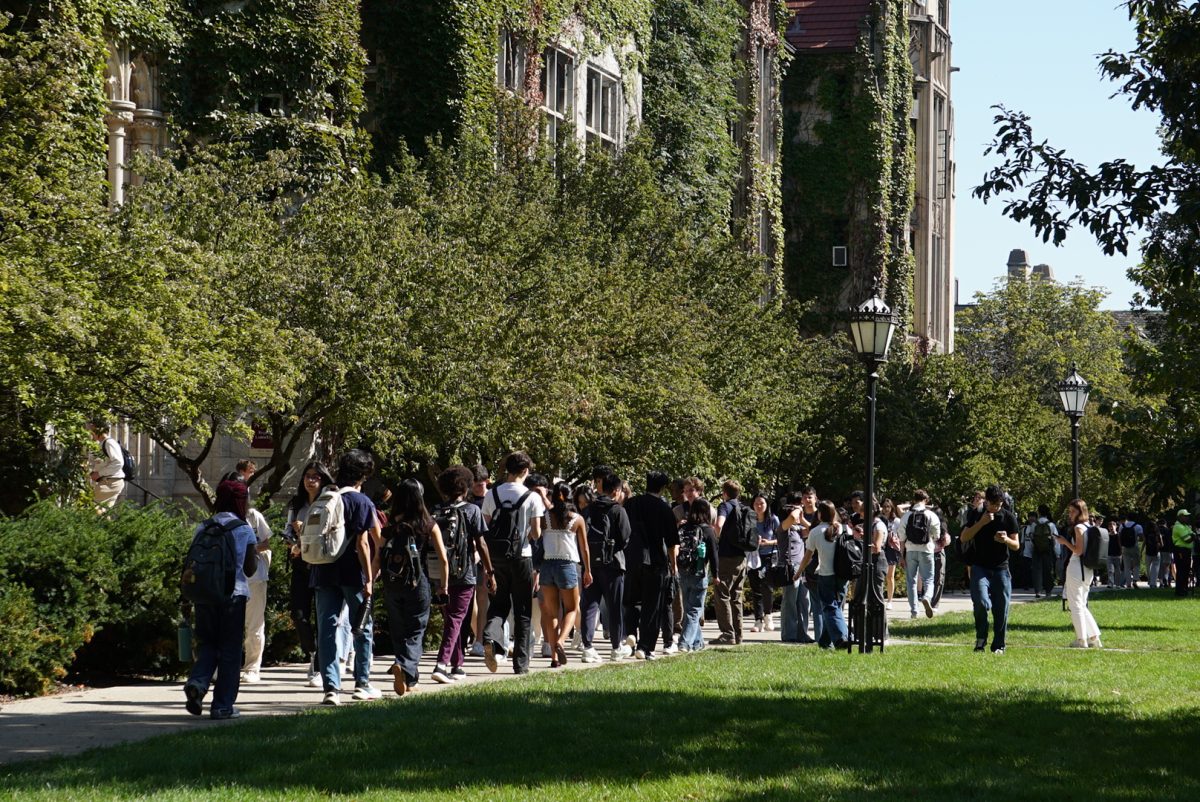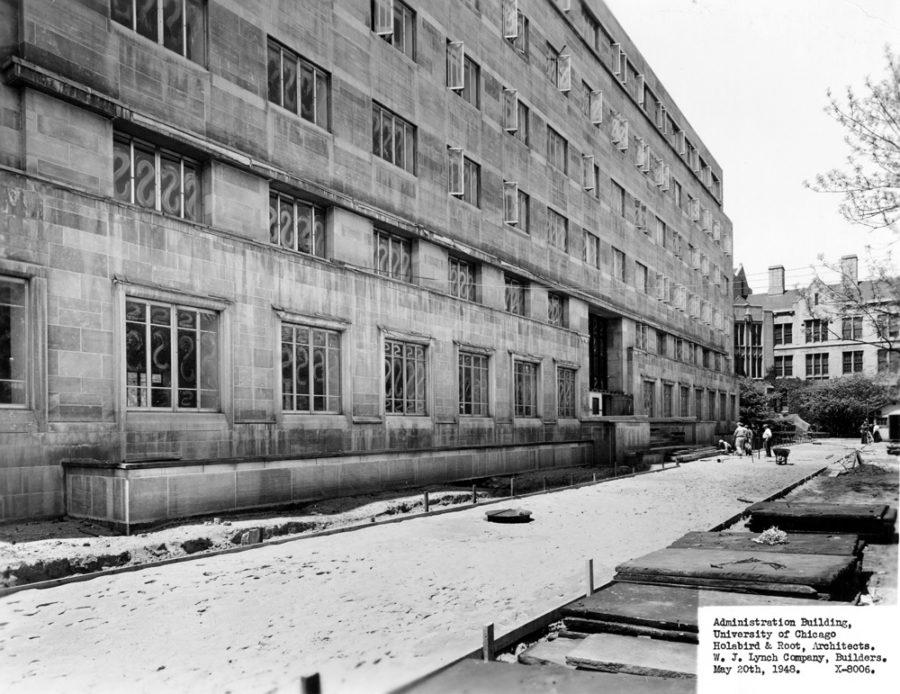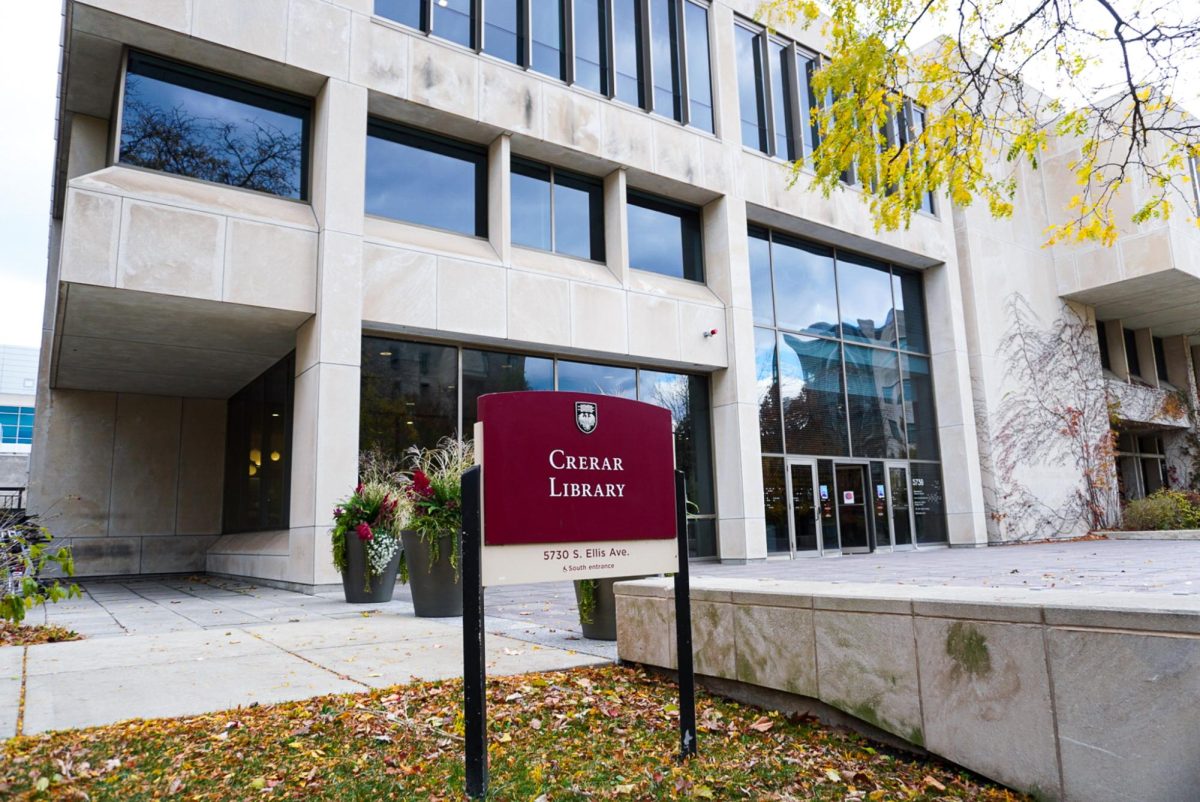These days, I find myself becoming quite displeased and agitated with the activities of our lauded universities. The source of my consternation tends largely to revolve around the cheap public relations gymnastics university organizations engage in whenever any unpleasant incident or fact becomes known. Most notable in the past few months were the responses to the Virginia Tech incident. The burning of candles and the donning of black bands around campuses and fear of who might pose the next big threat to the serenity of campus life tended to mute any meaningful dialogue which attempted to understand why the event happened and how it could be best avoided in the future. It appears to me that, despite the claim that universities are the oldest bastions for the healthiest and most critical of thought and self-reflection, these institutions are just as willing to revert to superficial gestures as any half-assed political demagogue.
Yet it must be said that the recent activity of universities’ leadership has only scratched the surface of an even greater issue of overall intellectual laxity. Thus, the source of my vitriol, I must insist, should not be interpreted as a poisoned barb with the sole target of university administrations or even primarily concerned with the events in Virginia. It is instead a cluster bomb targeting every single facile political gesture that can be regurgitated by any individual in this community who has managed to sit through a Sosc class. What is at issue here is not simply some displeasure with cowardly administrations, but my fear that a supposedly intellectual community—by means of these absurd superficial acts—has lost its mind!
For a member of the University who fancies himself politically, socially, or morally minded, the iconic protest event with its poorly drawn posters flailing, its comically composed slogans chanted, and its half-heartedly written speeches half-heartedly listened to, has once again become de rigueur. Indeed, the prevailing conception of radical activity seems to be that engaging in a prolonged campaign of agitation and irritation will be enough to make a difference in this world. Readers should already be able to tell that these acts are neither meaningful nor even radical in the truest sense. What has disgustingly assumed the title of radical politics on campus is nothing more that a ritualized dress-up—a collection of painfully bourgeois children and adults who choose to give an image of revolutionary concern but who couldn’t take their positions farther than a quick jaunt to the nearest pseudo-intellectual coffee shop.
Take, for example, the members of Students Taking Action Now: Darfur (STAND). They claim that they do not want the University of Chicago in any way supporting the genocide in Darfur—a genuinely fair and respectable desire. However, would these men and women go so far as to tell the University that if it does not divest from Sudan that they themselves will not pay any tuition or obey any directives from the University until divestment occurs? Would members of STAND be willing to risk their careers at the University for their morally just cause? I have seen nothing of the kind—apparently one can put a price on life in Darfur. Instead of truly authentic action, STAND has engaged in farce, chanting “Robert Zimmer you can’t hide, you’re supporting genocide,” and disrupting the Office of the President in a few fleeting moments of self-congratulation.
And what of the anti-Coca-Cola campaign? This organization claims that the Coca-Cola Company has abused workers’ rights, disrupted union activity, and destroyed communities in Latin America and India. What is their solution? Will this group attempt to bring the Coca-Cola Company to court so that they may be forced to explain their actions? Will they vigorously petition their congressmen to further investigate the possible misdeeds or unethical activities of the company? Will they even take the time for themselves to personally investigate the allegations of the crimes of the Coca-Cola Company in any rigorous manner? No, they seek only to remove Coca-Cola products from campus. Once again, a truly meaningful act becomes a pipe dream, and radicalism is reduced to a spiriting away of those objects which remind the anti-Coca-Cola members of unpleasant details about the world.
Putting this current crop of intellectual activism into a historical perspective will hopefully further illuminate my unease. My thoughts spring to the 1930s when Spain collapsed into civil war after Franco’s Fascism, cancer-like, began to take over the country. Morally conscious intellectuals such as W. H. Auden, Ernest Hemingway, and George Orwell, who felt that the need for protest extended beyond rhetorical showmanship, joined the republican resistance. Though I admit that looking for individuals like these in a college context is extreme, I fail to see even a pale and fleeting shadow of these radicals in our community.
To demand radical change requires radical action. To assume that holding hands and burning candles will somehow lead to a solution to mass murder is asinine and dangerously naïve and to play at being protesters when a genocide is near complete cheapens the loss of life. According to Michel Foucault, criticism is the act of making facile gestures difficult. Will these organizations practice at least some measure of self-criticism, or will they merely continue to play their games to the detriment of all but their own egos?






